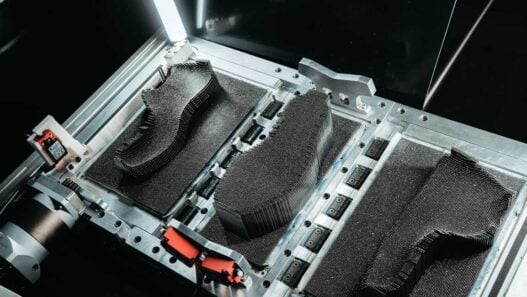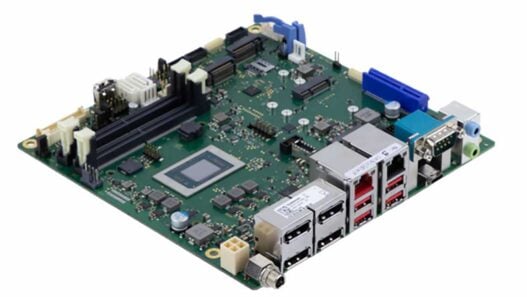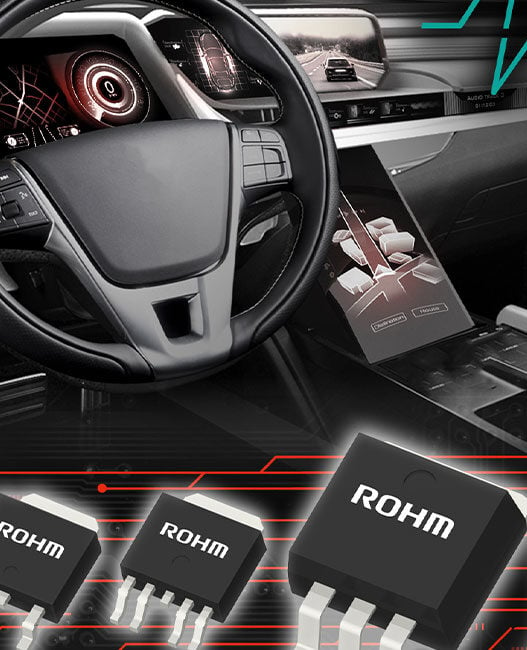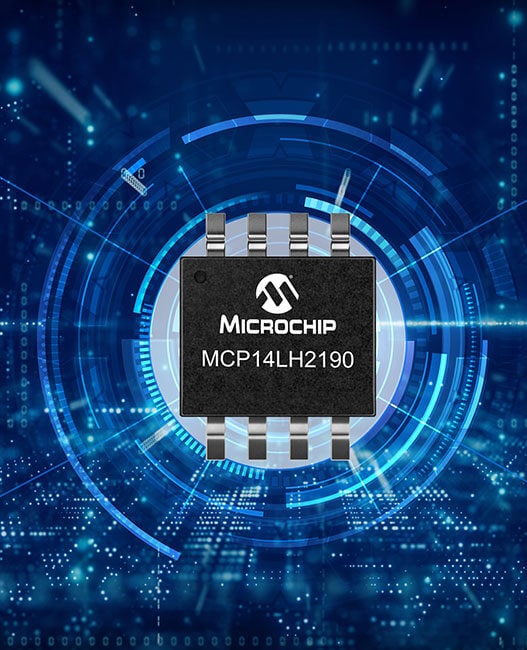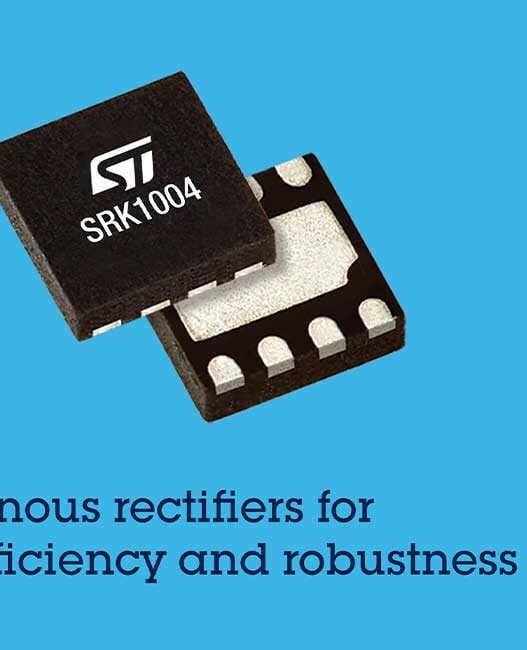The study showcased eVTOLs unique demands beyond traditional EV batteries and is aiming therefore to develop batteries specifically for eVTOLs, which include everything from urban air taxis to delivery drones. These vehicles combine helicopter-like takeoffs and landings with airplane-like flight, benefiting from multiple rotors that operate more quietly and safely than traditional helicopters.
eVTOLs, which are still largely in the development phase, face demands for huge and explosive amounts of power to lift off, which mean they cannot rely on conventional EV batteries. Equally, the capacity for sustained energy delivery for longer flights also means requirements aren’t quite in tandem with current EV batteries.
This is because a key finding from ORNL’s extensive eVTOL battery research highlighted the impact of the vehicle’s power and performance requirements on battery longevity and reliability. eVTOL batteries experience significant stress during various flight phases, such as ascent, hover, and descent, which can shorten their useful life compared to the steady discharge rates of standard EV batteries.
ORNL’s testing approach focused on assessing how lithium-ion batteries perform under these high power demands. Ilias Belharouak, an ORNL Corporate Fellow leading the research, emphasised the novel opportunity to create a new type of battery that meets these specific operational demands.
The team is therefore exploring new energy-dense materials and battery control systems that can withstand the extreme conditions eVTOLs face, balancing the need for rapid power delivery with the endurance required for extended flight.
Marm Dixit, the lead researcher at ORNL, highlighted the project’s goal to understand the limits of current battery chemistry under eVTOL-specific conditions and to adjust battery design accordingly. This involves rigorous testing of batteries through simulated eVTOL flight stages and analysing their performance, including energy availability during critical take-off phases and subsequent material degradation.
The research also tests an innovative ORNL-developed electrolyte against traditional lithium-ion battery electrolytes, showing improved capacity retention during power-intensive flight stages. This indicates the importance of developing new metrics for assessing battery performance, focusing on safety and efficiency in aerial operations.
The project, funded by the U.S. Army Combat Capabilities Development Command Research Laboratory, continues to refine electrolyte and battery component formulations, pushing the boundaries of what’s possible for eVTOL battery technology. By closely studying real-world drone flight data, ORNL aims to custom-tailor battery responses to specific operational demands, ensuring future eVTOLs are powered by batteries that are as safe as they are efficient.



